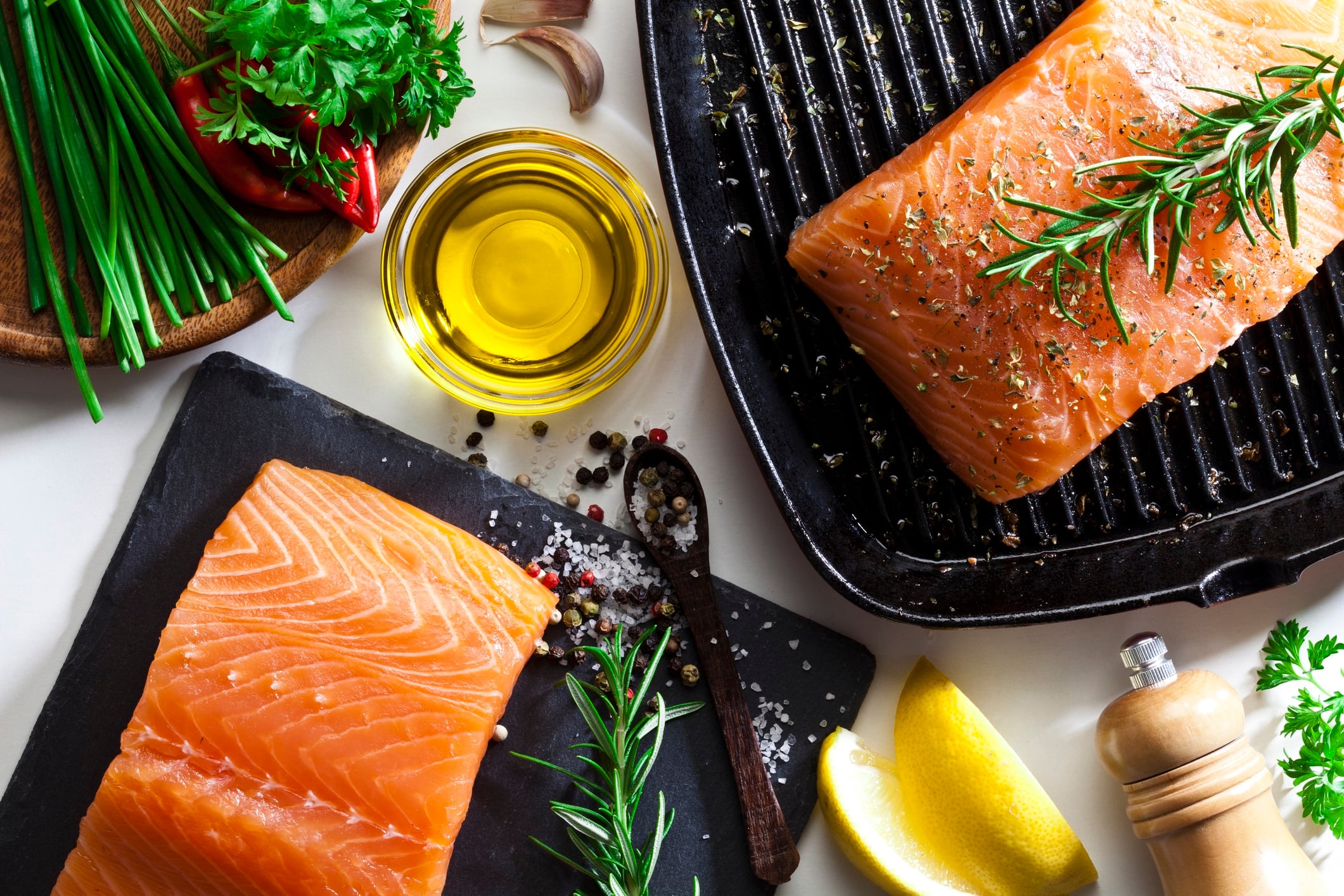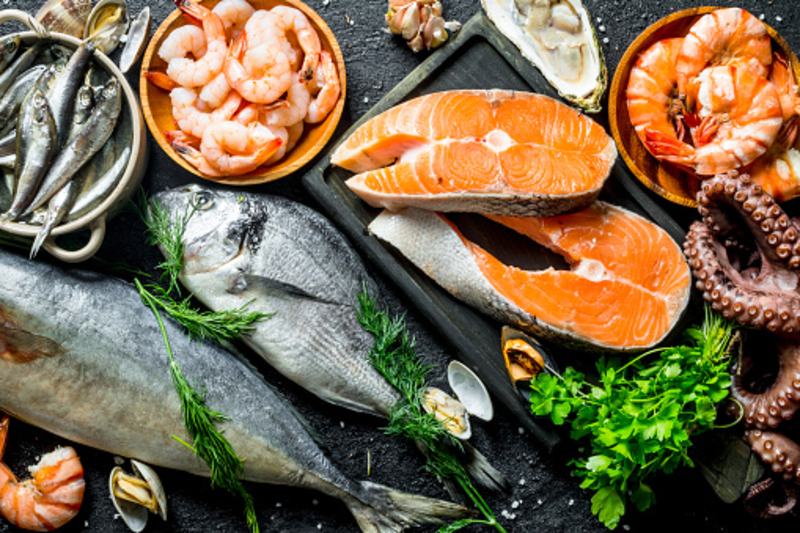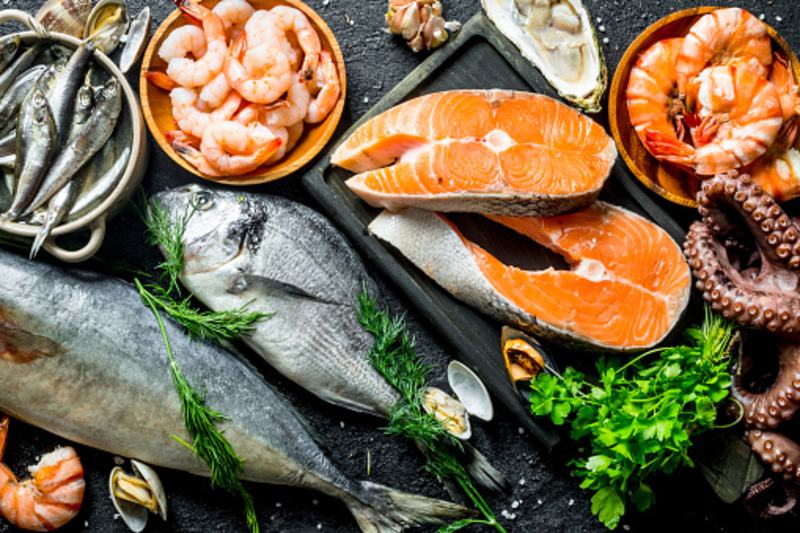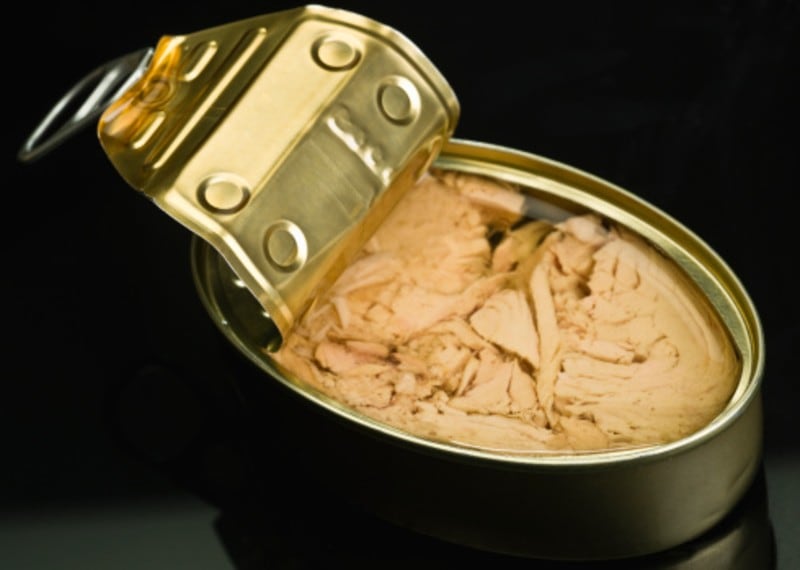What does Mitsubishi’s Thai Union investment indicate? A quick summary
- Thai Union accepted Mitsubishi’s offer to raise its stake from 6% to 20%
- The deal is expected to strengthen Thai Union’s global seafood competitiveness and supply chain resilience.
- The partnership will improve access to competitive raw materials, enhancing cost efficiency and operational stability.
- Thai Union assures no changes to daily operations or existing partnerships.
- The investment signals deeper synergy potential and long-term value creation for both firms.
Mitsubishi Corporation (Mitsubishi) is one of Japan’s largest conglomerates, with interests in many fields from technology to energy all over the world.
It also owns salmon farming company Cermaq, making Mitsubishi one of the world’s largest salmon farmers operating in markets like Canada and Norway, producing some 200,000 tons of salmon every year; and also has numerous aquaculture and seafood distribution businesses under its portfolio.
This seafood expertise is what Thai Union hopes to tap on, leasing to a relatively rapid acceptance of Mitsubishi’s recent 4 August 2025 general offer to acquire additional shares.
“Mitsubishi made a general offer to acquire an additional 532.3m Thai Union shares, raising its stake from 6% to 20% of the company – this means that Thai Union will become Mitsubishi’s associate, and Mitsubishi will record 20% share of profits from Thai Union’s earnings,” Thai Union announced in its most recent Q2FY2025 financial results and analyst meeting on 5 August.
“This move is expected to deliver several long-term benefits to the company, including strengthening our global presence by leveraging both Mitsubishi and Thai Union expertise and product development capabilities, including gaining access to the former’s deep knowledge of the global seafood industry.”
Importantly, Thai Union appears to be seeking enhanced stability for its global supply chain, including fish and shrimp for both its frozen and ambient product businesses.
“This partnership will also help in enhancing Thai Union’s access to competitive raw materials, in order to improve cost efficiency and supply chain resilience,” it added.
“This will also enable us to accelerate innovation through shared R&D, as well as deepening collaboration [in order to] expand into high-potential seafood and pet food categories that are aligned with global consumer trends.”
Thai Union President and CEO Thiraphong Chansiri stressed that the firm’s acceptance of Mitsubishi’s offer is in line with the current global situation.
“Our strategic transformation [is] in line with changes in the global trade environment, [focused on delivering] tangible value,” he said.
“We have become a more agile and efficient organization [and will continue] this focus on strengthening core operations [to build] a fundamentally stronger company for the future.”
Extending a 30-year partnership
Despite Mitsubishi’s increased stake, Thai Union has assured stakeholders and other industry partners that there will be no change to its operations.
“The transaction was initiated by Mitsubishi and reflects the long-standing collaboration and confidence in Thai Union – As such, our day-to-day operations will remain unchanged, ensuring continuity and operational stability,” Chansiri added.
“Mitsubishi has been a trusted strategic shareholder of ours for over 30 years since 1991, and this deepened collaboration [is to offer] strong potential to unlock further synergies.”
As it is, the Japanese conglomerate already plays key roles in several of Thai Union’s major businesses such as frozen shrimp, frozen and chilled salmon and pet food.
“In our frozen shrimp business, Mitsubishi shares its sushi ingredient expertise and market trends insights whereas Thai Union supplies the frozen and value-added shrimp products to them,” he said.
“For salmon, Mitsubishi supplies raw salmon for our chilled salmon business in Europe whereas we process and distribute frozen salmon on their behalf.”





